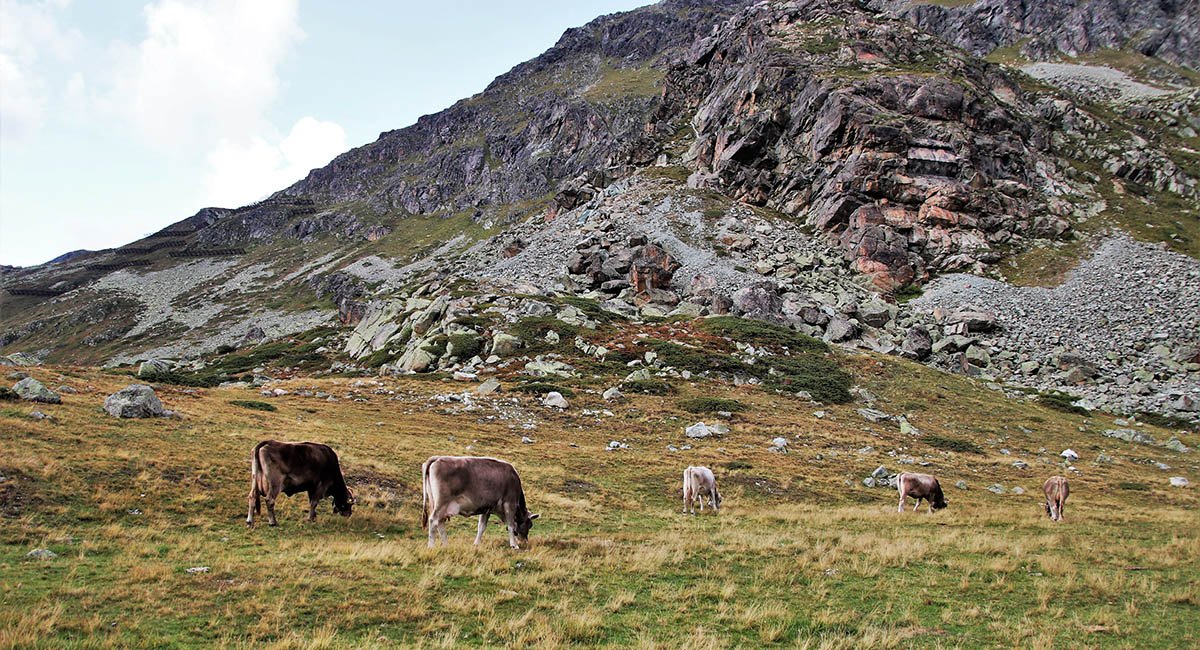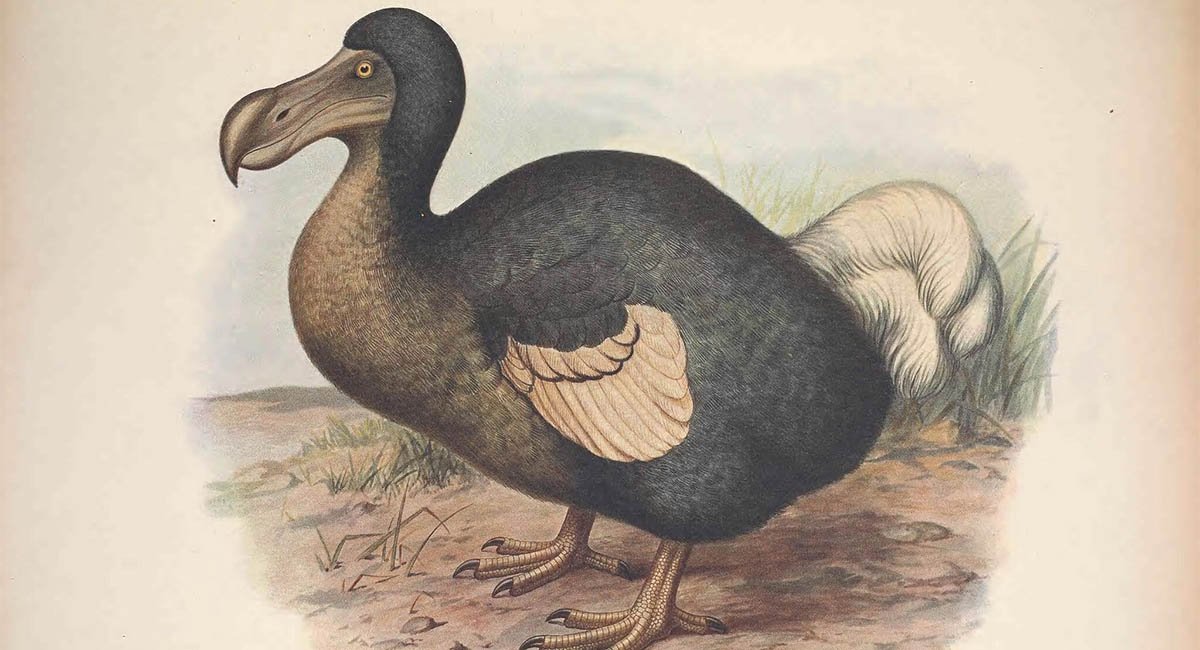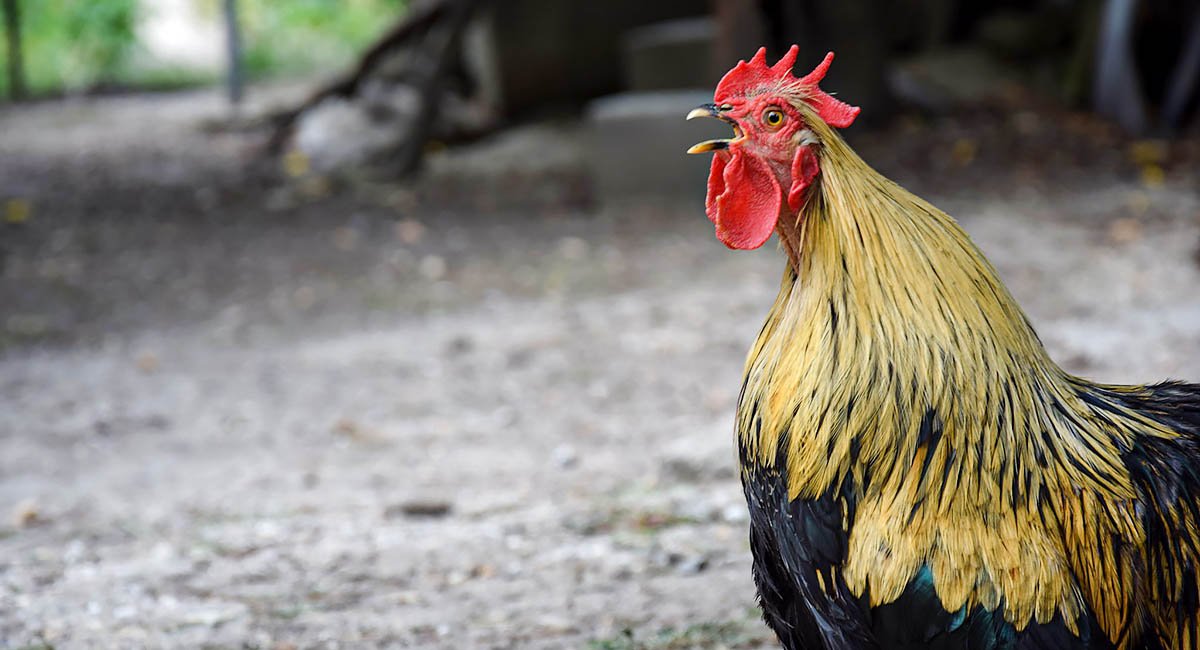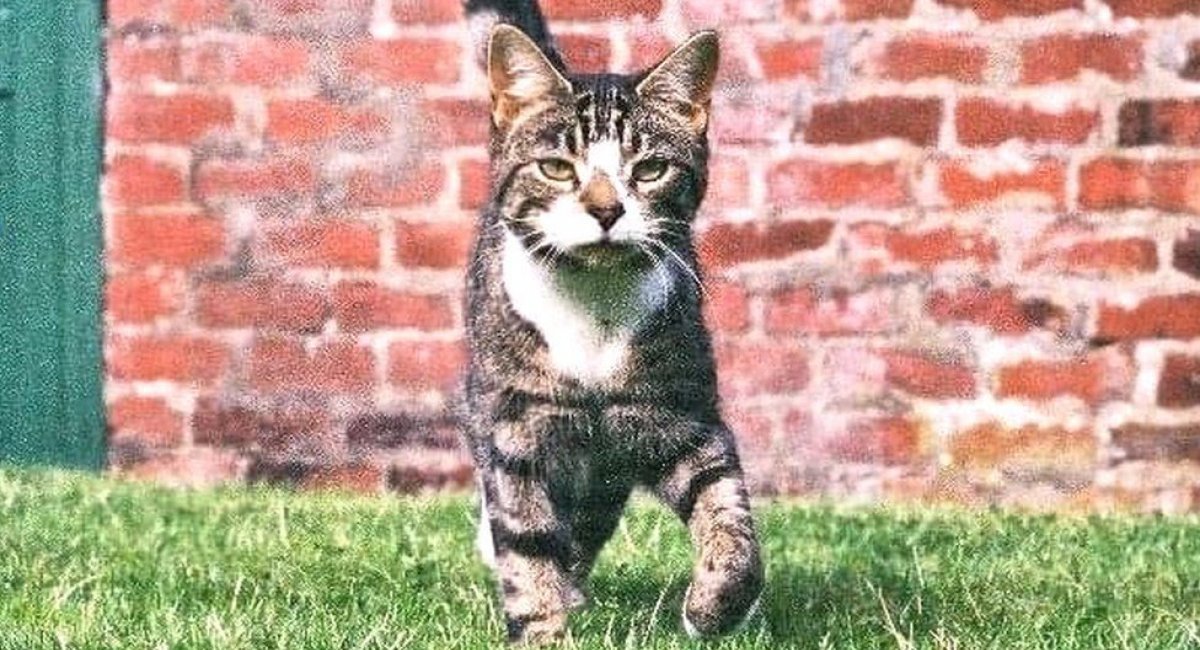Pet your stress away

Life can be stressful. The list of responsibilities seems endless as work, children, bills and so many other things demand our constant attention. As a result, it's very easy to get lost in the jungle of a long to-do-list and end up burning out. Fortunately, studies show that pets are a good source of comfort and stress relief.













